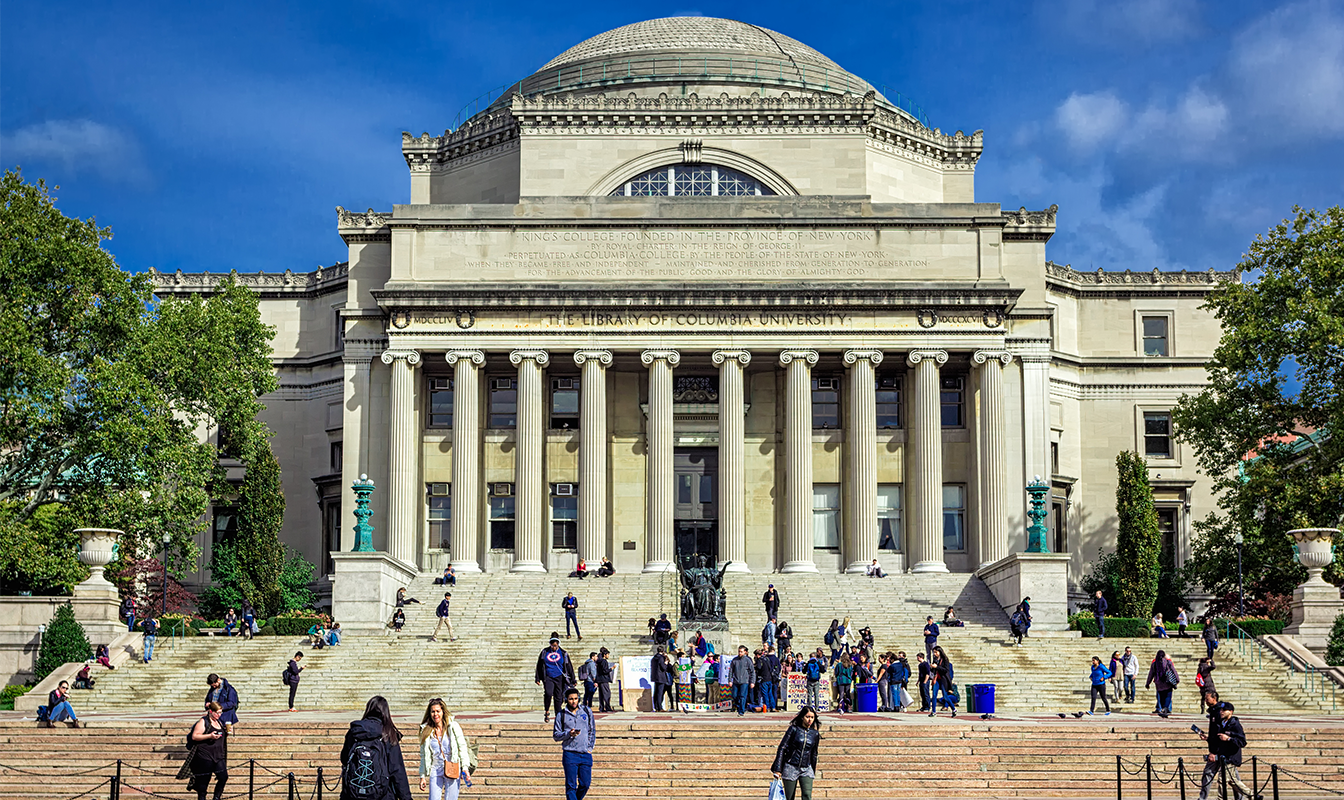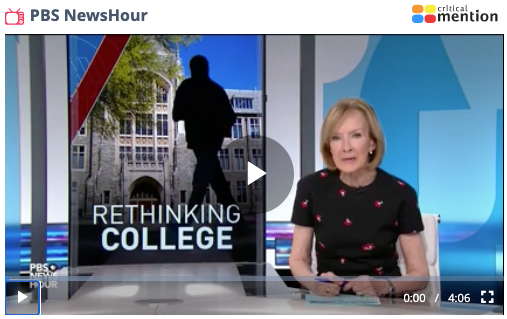The excerpt below is a component of the weekly Higher Ed Issues Landscape Report, which analyzes the top conversation trends in higher education for the past week and highlights qualitative and quantitative insights on the topics and universities that drove coverage.
An HTML version of the full report is available through this link
As university leaders call faculty and staff back to campus, flexible remote opportunities have become a point of emphasis for retention and attraction. The change represents a unique shift from pre-COVID-19 workplaces, where being on campus was previously expected and essential. With at least 570,000 academic employees losing their job since the pandemic began and more than 40% of employees across all sectors considering leaving their current roles this year, the need to rethink how institutions can be more flexible is undeniable.
Approaches to Workplace Flexibility:
A Means to Promote Existing Initiatives
- The University of South Florida tied flexible work policies to the campus’s goals to advance in national rankings by acknowledging that the global marketplace for talent is evolving toward flexible work
- Drexel University is beginning a pilot program to test its existing Flexible Work Arrangement Policy on a wider scale
Continuous Refinement
- Boston University recently set up a Committee on the Future of Staff Work to explore what workplace changes might be adopted permanently
- Harvard University convened the Harvard Task Force on the Future of Teaching and Learning to “systematically explore” how the institution can build on creative solutions faculty applied to remote teaching during the pandemic
- Cal Berkeley developed a Flexible Work Arrangement Toolkit based on ongoing feedback from faculty and staff. The toolkit will help employees through the process of requesting flexible arrangements and navigating ongoing changes as needs evolve
Rethinking the Workplace with Inclusion in Mind
- Future Forum shared research which found that remote working arrangements gave Black knowledge workers a “higher sense of belonging” than when in an office
- The University of Iowa’s “Future of Work at Iowa” committee shared its final report as the campus prepares to resume in-person instruction in the Fall 2021 semester. Recommendations included intentionally emphasizing equity when considering or reviewing potential work arrangements


